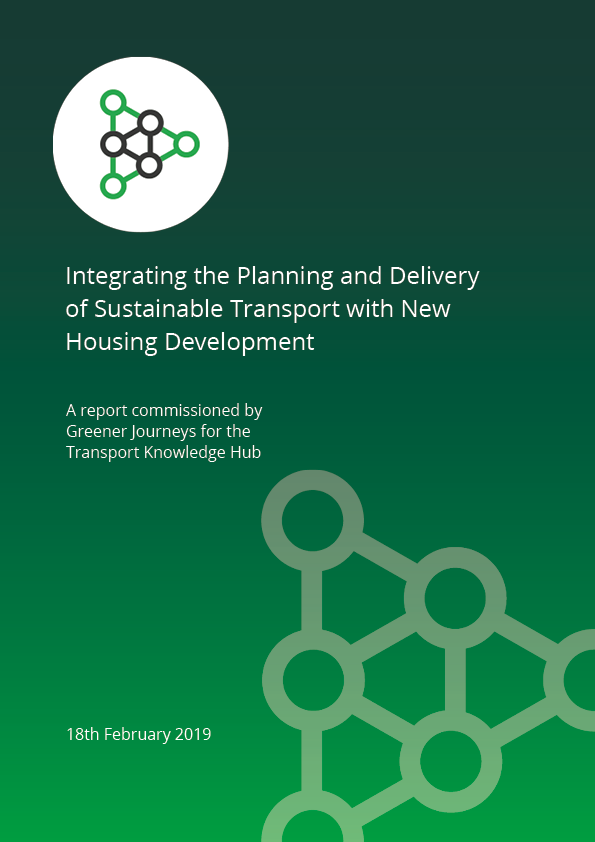The opportunity to maximise the economic and social benefits of public and private investment in new housing are being missed due to a disconnect between sustainable transport and the location of new developments.
There is widespread consensus that as a country we need to build significantly more homes if we are going to address the national housing crisis. Yet, in the rush to build new homes, we must make sure that we do not repeat the mistakes of the past by failing to align housing with sustainable transport planning.
This research perfectly captures the important role that sustainable transport can have in unlocking the economic and social benefits of new housing. We must ensure that local planning for housing and transport infrastructure is better integrated so that housing developments across the country are properly supported to delivering the economic and social benefits to local communities.
Siloed transport and planning decision-making; as well as fragmented and short-term public sector funding are some of the key barriers to integrating sustainable transport and housing. Lack of sustainable transport within new housing sites risks creating car dependent development and isolated communities.
The report identifies an eight-point plan to help overcome these barriers and secure the full benefits of new housing as Government target 300,000 new homes a year. The plan has been developed off the back of research and insight following in-depth consultation with stakeholders across the sector.
The research was funded by Greener Journeys and the Department for Transport. It was commissioned on behalf of the Transport Knowledge Hub, who work with Local Enterprise Partnership (LEPs), local government and policymakers to encourage local transport investment that drives sustainability and economic growth.

